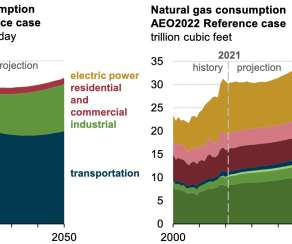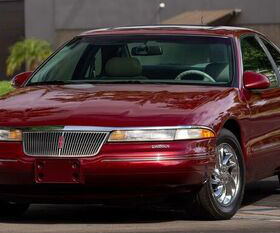NREL study finds high-pressure hydrogen pipeline system could potentially make hydrogen cost-competitive with gasoline
Green Car Congress
JANUARY 10, 2020
A new study by a team at the National Renewable Energy Laboratory (NREL) concludes that a high-pressure, scalable, intra-city hydrogen pipeline system could improve the economics and logistics of hydrogen delivery, making it potentially cost-competitive with gasoline. kg—approximately equivalent to a gasoline cost of $2.7/gal








































Let's personalize your content